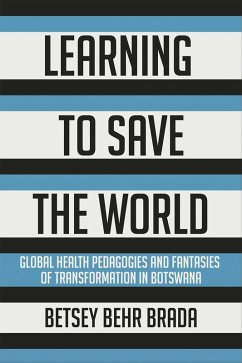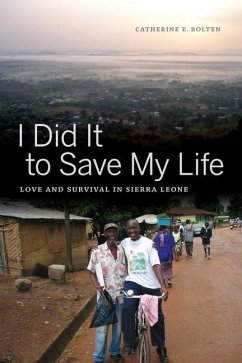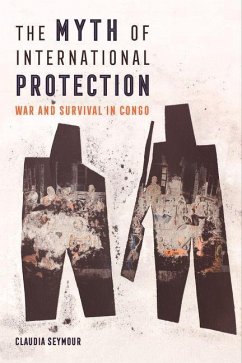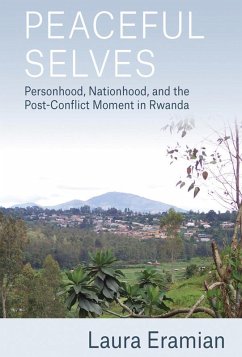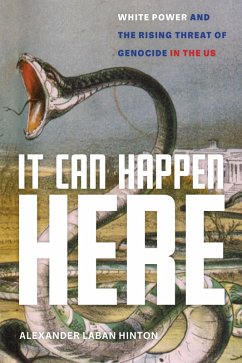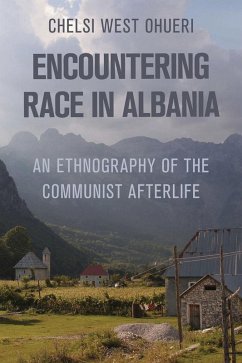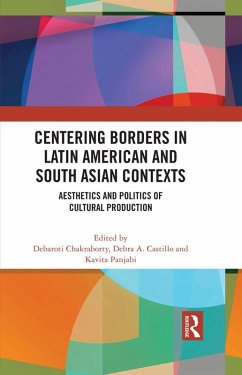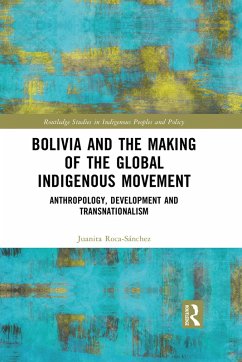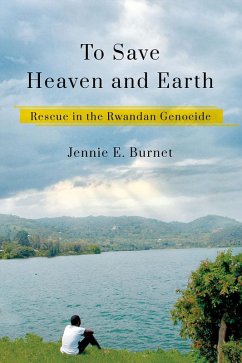
To Save Heaven and Earth (eBook, ePUB)
Rescue in the Rwandan Genocide

PAYBACK Punkte
9 °P sammeln!
In To Save Heaven and Earth, Jennie E. Burnet considers people who risked their lives in the 1994 Rwandan genocide of Tutsi to try and save those targeted for killing. Many genocide perpetrators were not motivated by political ideology, ethnic hatred, or prejudice. By shifting away from these classic typologies of genocide studies and focusing instead on hundreds of thousands of discrete acts that unfold over time, Burnet highlights the ways that complex decisions and behaviors emerge in the social, political, and economic processes that constitute a genocide.To Save Heaven and Earth explores ...
In To Save Heaven and Earth, Jennie E. Burnet considers people who risked their lives in the 1994 Rwandan genocide of Tutsi to try and save those targeted for killing. Many genocide perpetrators were not motivated by political ideology, ethnic hatred, or prejudice. By shifting away from these classic typologies of genocide studies and focusing instead on hundreds of thousands of discrete acts that unfold over time, Burnet highlights the ways that complex decisions and behaviors emerge in the social, political, and economic processes that constitute a genocide.
To Save Heaven and Earth explores external factors, such as geography, local power dynamics, and genocide timelines, as well as the internal states of mind and motivations of those who effected rescues. Framed within the interdisciplinary scholarship of genocide studies and rooted in cultural anthropology methodologies, this book presents stories of heroism and of the good done amid the evil of a genocide that nearly annihilated Rwandan Tutsi and decimated the Hutu and Twa who were opposed to the slaughter.
To Save Heaven and Earth explores external factors, such as geography, local power dynamics, and genocide timelines, as well as the internal states of mind and motivations of those who effected rescues. Framed within the interdisciplinary scholarship of genocide studies and rooted in cultural anthropology methodologies, this book presents stories of heroism and of the good done amid the evil of a genocide that nearly annihilated Rwandan Tutsi and decimated the Hutu and Twa who were opposed to the slaughter.
Dieser Download kann aus rechtlichen Gründen nur mit Rechnungsadresse in A, D ausgeliefert werden.




